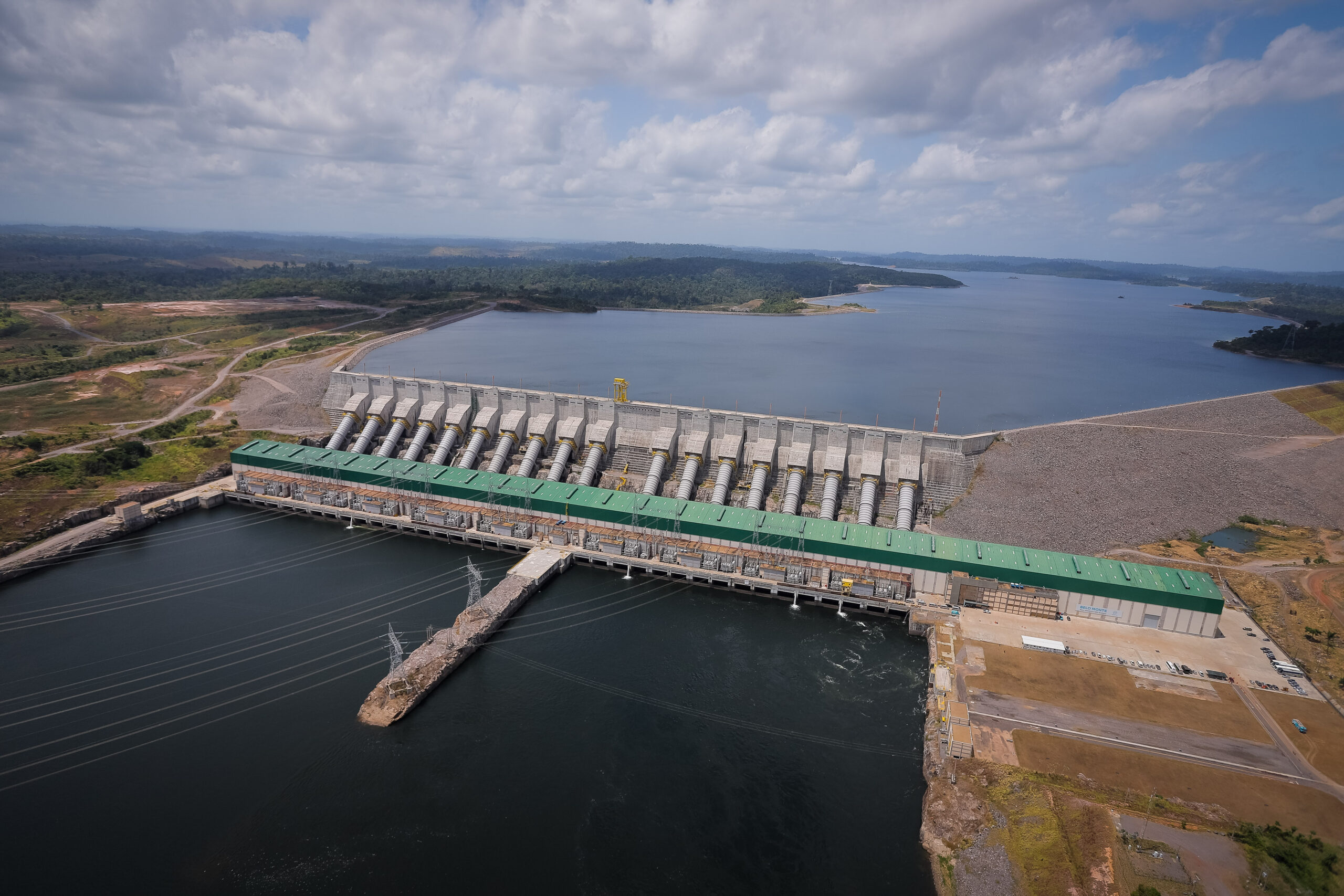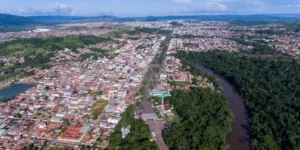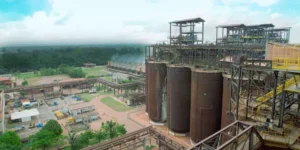The start-up of the Belo Monte hydroelectric plant on the Xingu River in Pará, designed to be one of the largest in the world, has been delayed by a year. The first of the 18 turbines was due to start generating in February 2015 – two months from now.
Under the new timetable, this shouldn’t happen until the first quarter of 2016. The concession holder and Aneel, the federal electricity agency, are arguing over who is responsible for this delay. If it is, Norte Energia will have to buy the energy it is obliged to supply to the consumers with whom it has made a commitment from third parties.
The bill is 370 million reais a month. If the one-year delay is confirmed, the additional charge will add up to almost R$4.5 billion, equivalent to 15 per cent of the plant’s total cost at today’s prices. It’s an extra expense that the concession holder cannot absorb if it can’t pass it on to the tariff and has no new capital to cover the loss until it can be reimbursed. This is the biggest immediate challenge of the project.
Anyone who read the headline in today’s O Liberal on the subject and the article distributed by the O Estado de S. Paulo news agency, used by the Pará newspaper, must have thought that this was just another pendant (and there’s a pendant) in the Petrobras scandal.
The addition to the hydroelectric plant’s budget is referred to as a ‘hole’. Since it’s a hole in yet another ongoing PAC project (the biggest of them all, by the way), the reference is immediately associated with embezzlement, theft, bribery, skulduggery.
That’s not it. The burden of R$ 370 million a month arose because the plant was not ready on the date set in the concession contract, signed in 2010, to start supplying energy to the National Integrated System, with its rightful buyers. The concessionaire blames the delay on external factors, ranging from protests to delays in authorisation by public bodies.
Without these interferences from outside the construction site, the work would have progressed on schedule and Belo Monte would not only have fulfilled its commitments, but would have been able to start generating at a profit, according to Norte Energia. Its arguments, however, were not accepted by Aneel, which was prepared to charge the company for the use of third-party energy. But the dispute is still subject to discussion or review.
If the government body’s judgement is upheld, how will this new bill be paid, if it can be paid (which seems impossible in the hydroelectric plant’s budget)? By Norte Energia’s shareholders. Norte Energia’s controlling shareholders are state-owned energy companies, led by the ailing Eletrobrás, and federal pension funds. In other words, the government. Ultimately, the taxpayer.
Without its own capital, the consortium could resort to borrowing. Would the BNDES maintain its willingness to finance 80 per cent of everything Belo Monte spends, as it has been doing with the project’s regular financial schedule?
Stopping the work, at the advanced stage it is at, seems out of the question. So one thing is certain: the hydroelectric plant on the Xingu River will soon pass the R$30 billion limit.








